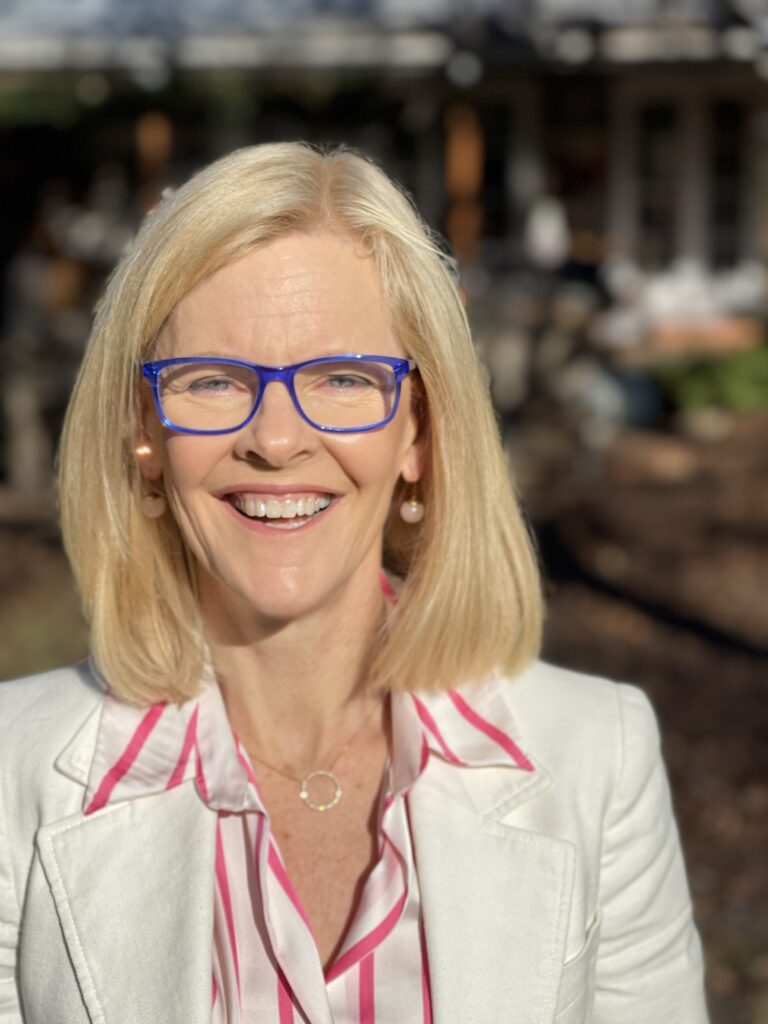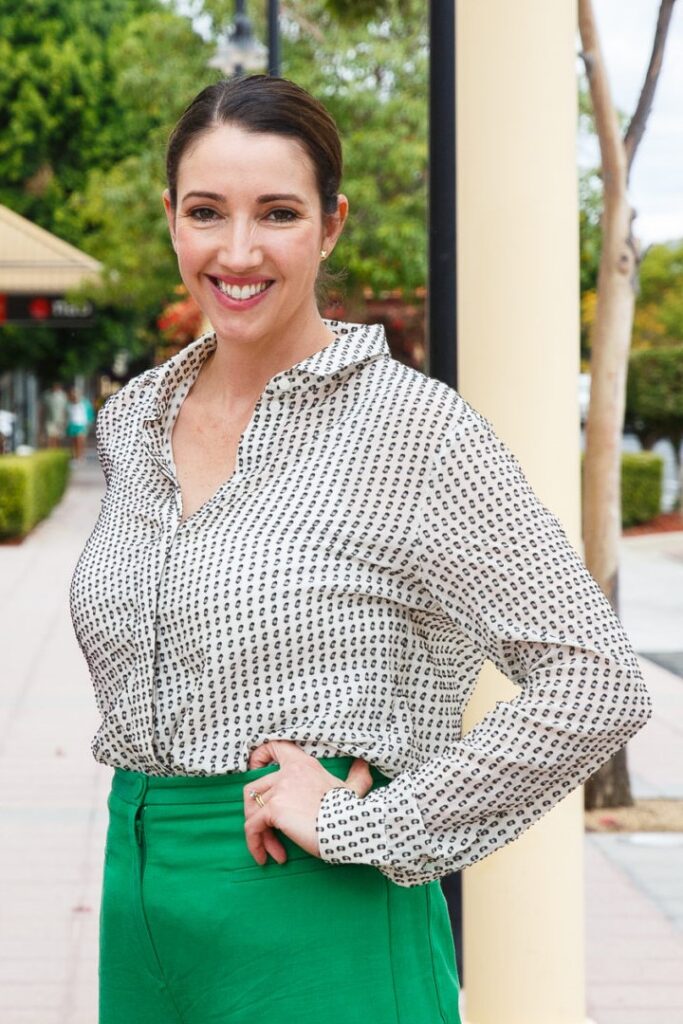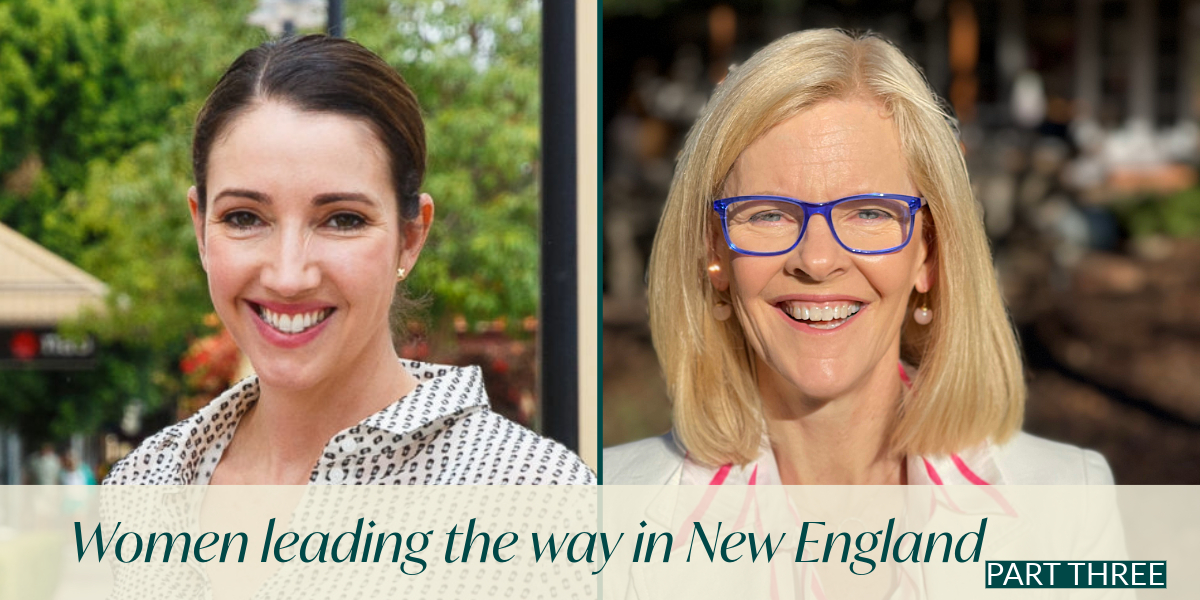Of the 12 councils that elected mayors in October for their first two-year terms, six of them are women. While this fresh wave of parity sweeps across New England, we bring you a three-part series to meet the mayors who will be leading the way from 2024 into 2025.
Meet Kate Dight from Inverell, and Susannah Pearse from Moree Plains.
Meet Kate Dight of Inverell

“Infrastructure is critical, but councils need to be more.”
For the first time in the history of Inverell Shire there is both a female mayor – Kate Dight – and a female deputy mayor – Jo Williams.
“I have great respect for the women who came before me as councillors, and I am so grateful for them facing the challenges and paving the way for women now,” says Kate.
“Today, however, I don’t see that being in this role has anything to do with what sex you are. I am grateful that today it is about being recognised as the right person to do the job, rather than about whether you’re a woman or a man. I think we have all moved on from that, and now people elect someone as a Mayor based on their merit.”
Kate says that traditionally, goals for all regional councils are formed around the “3 Rs”. That is, rates, roads and rubbish, and improving infrastructure is always going to be one of her main goals as the Mayor.
One great initiative that Inverell is incredibly proud of, is its $25 million dollar investment into an impressive aquatic centre which is currently under construction.
“It is a seriously big ticket item for us, and we have been very prudent along the way,” says Kate. “It has taken a lot of work, and it’s scheduled to open in January.
“However, we need to address social issues of liveability, with greater emphasis. For us, we need to focus on health and managing crime.
“We need to attract doctors to our region, and also keep them here. We need to attract the services people need to live, and for them to be comfortably able to do so.”
During the previous term, Inverell Shire Council focussed on this – creating a policy to attract doctors to town.
“It involves working with the medical practices as they try to attract doctors, by subsidising their rental and vehicle costs for the first six months,” Kate explains.
“There is also a very active Health Forum led by Cr Wendy Wilks which is working to address community health issues. It is these sorts of initiatives that we need to promote and deliver for our town” she says.
“You have to give people a reason to come and a reason to stay, and importantly, the ability to stay, and that means addressing health and crime.”
Inverell, like many of the shires and the towns of New England, struggles with a high crime rate, with much of the trouble caused by juveniles, who are often so young that they are not being penalised for crimes committed.
“The crime issue ebbs and flows, but it has flared up recently. We need good support and policing, but also good preventative measures put in place,” she says.
However, reaching people to address community issues is really tricky, as engagement is an issue in itself.
“In the past, there was one main media source, and that was the local newspaper,” Kate says. “You put word out in the newspaper, and it reached everyone in the area. Now everyone is receiving media in so many different forms, it’s hard to get the message out. People read their feeds and move on,” she says.
“To advocate for what is needed, we need to actively inform and engage the community. In the end it’s about growing and developing our community. It is about attracting other people to our towns to work and live,” she adds.
“So, I also want to focus on cultural initiatives and events, such as music concerts, tours, shows and fairs. We’ve put a lot of effort into making Inverell an attractive town, and now we need other initiatives to bring people in and encourage them to stay.”
As Mayor, Kate hopes to steer the community with energy and creativity.
“As with everything, it will take a multi-pronged approach to hopefully deliver a community that continues to grow and be a place that people want to be make their home well into the future,” she concludes.
Meet Susannah Pearse of the Moree Plains

“To me, success as a Mayor is about meeting the community’s measure.”
As a young child growing up in suburban Brisbane, Susannah was renowned for talking to anyone and everyone.
“I would just disappear from our family home and mum would find me up the street chatting to anyone, young or old,” she says. “My siblings and I have a strong sense of justice, of what is fair and what is not, and as the youngest child, I always felt I had to fight to be heard.
“Whilst I probably never could have predicted that I’d end up the Mayor of the Moree Plains, it’s perhaps not so unusual that I’ve found myself in a role centring around listening to the community and fighting for the best for the people of the Moree Plains.”
As a university student Susannah was more interested in global politics than domestic, but a little later in life and after moving to the country, that changed.
“While there is much to love about a life on the land and being part of a small, connected community, as an outsider I saw the vast contrast of the rural/urban divide – the stuff rural people put up with that city people just wouldn’t,” she says.
“This is especially pronounced for our most vulnerable, as isolation compounds many issues.”
Susannah has been a councillor for almost three years and now, as the Mayor, her role has changed to being all about listening to the community and advocating.
“A big part of the role which I think is underestimated, is that councillors have a duty to make well-informed and considered decisions for the benefit of the whole shire,” she says.
“The role of Mayor, I am learning, is the same as that of the councillor, but amped up. You have to be the spokesperson, the representative of council in the community, lead strategy development, chair the meetings, lead the group of councillors, and you’re more on the hook than anyone,” she says. “It’s an honour, yes, but one which comes with great responsibility.”
Susannah says that the journey to becoming the Mayor has been the easy part, and that delivering on what her community wants to see will be the hard part.
“It can be hard to shift the dial in local government,” she says. “You are one of nine votes at the council table and for there to be real change, there has to be real trade-offs. And there is often a reluctance to make tough choices. That’s an obstacle that we need to overcome.”
Susannah has seen the landscape for women’s employment change drastically since she moved to the region 14 years ago.
“At the time, I had to leave my national corporate role and other opportunities behind as remote work was just not a thing, whereas I now have friends in national management and executive roles, working from Moree,” she says.
“That is real progress, and we need to push hard for digital and transport connectivity to support that. A critical factor is also access to childcare and we have challenges with supply.”
Susannah says that the rise of female Mayors in New England goes to show how many smart and capable women are in the region, and that there are women willing and ready to take on the challenges that come with the role. She is also confident that all 12 Mayors can work together to achieve great outcomes for New England as a whole.
“I love that each town and shire in New England has its own character, its own independently owned businesses run by invested locals, its own landscape and its own identity,” she says.
“There’s been a great camaraderie between New England’s North West councils in the last term, and I think there’s real opportunity for us new Mayors to work together to grow this fantastic region.”
Read all the way through to the end of the story? So did lots of other people. Advertise with New England Times to reach New England locals who are interested and engaged. Find out more here.


